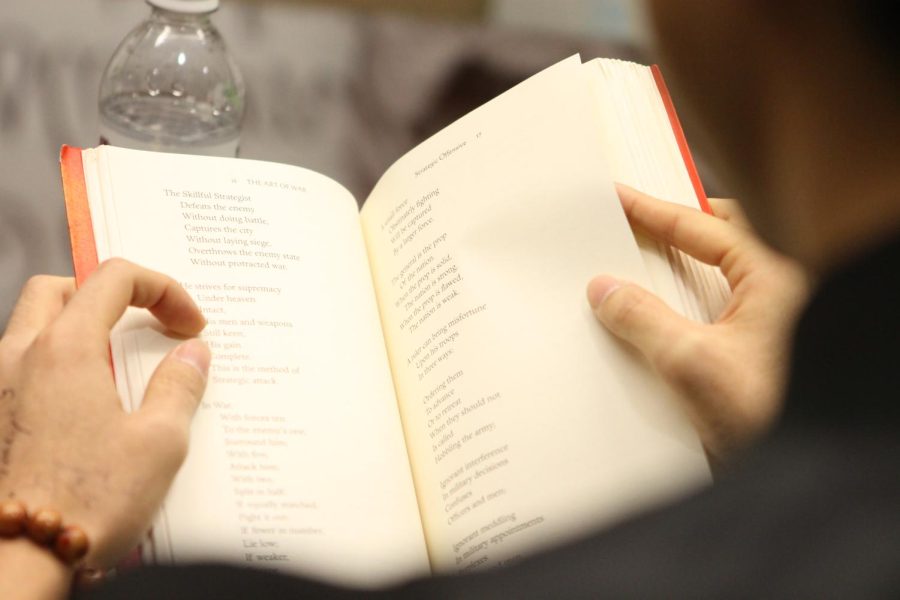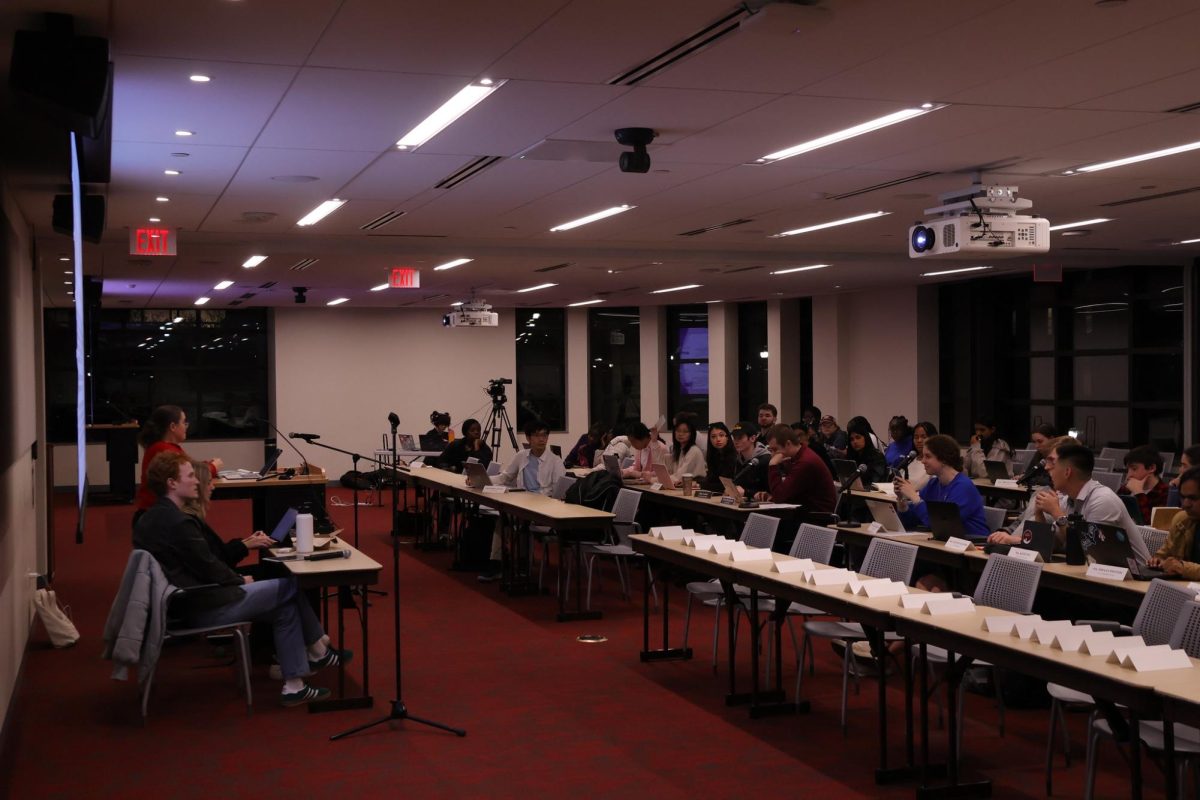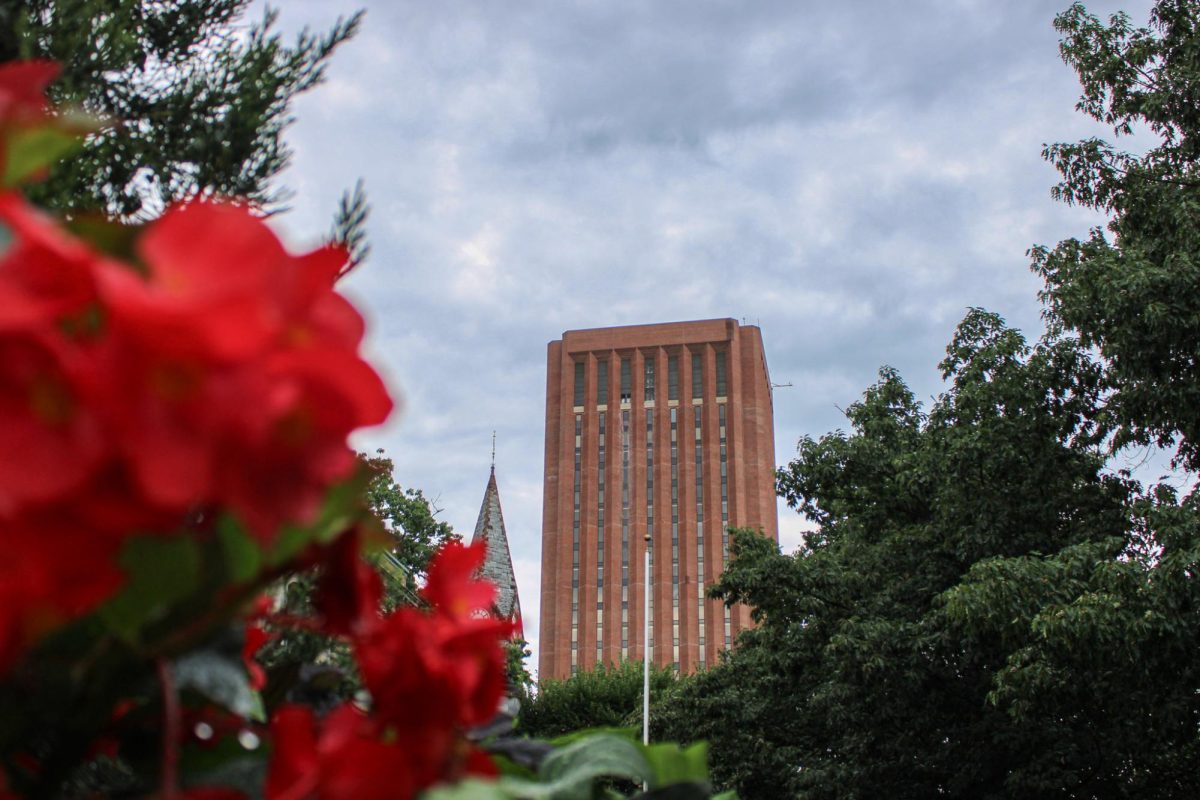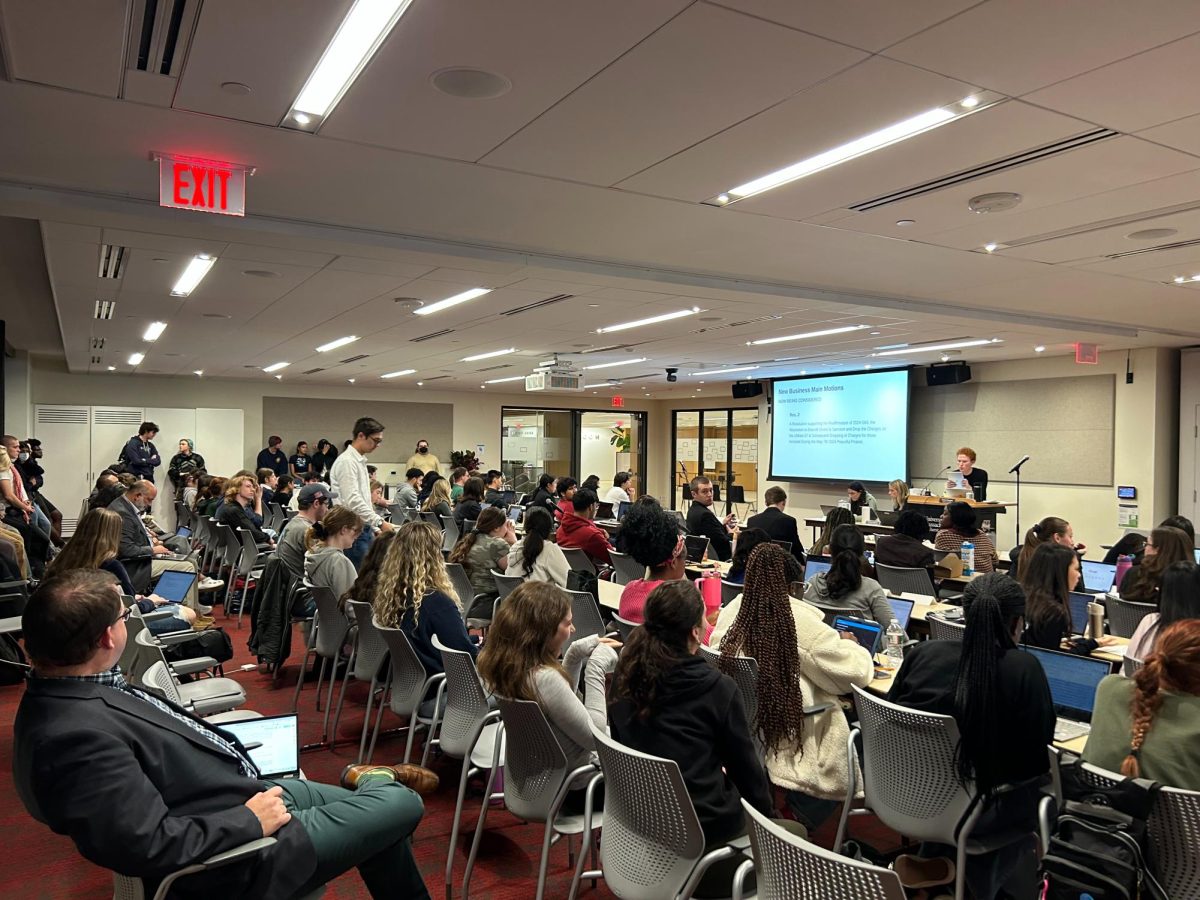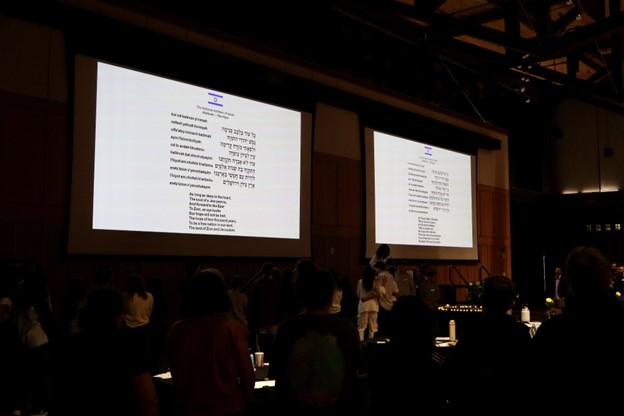At the start of 2022, University of Massachusetts President Marty Meehan announced that Dr. Nefertiti Walker, the Vice Chancellor for Diversity, Equity and Inclusion (DEI), would become the Presidential Advisor for Equity and Inclusion.
Walker’s role within President Meehan’s office primarily consists of guiding collaboration between all five UMass campuses and keeping the president and board of trustees updated on national trends in campus inclusion.
Currently in the very beginning stages, Walker is mainly focused on establishing connections and understanding processes. “To be honest, I am just trying to learn…my role is to try to coordinate us,” Walker said. “I am in no way going to be able to tell those very well-equipped capable people who are leading DEI efforts in Lowell, Boston, [UMass Medical] or Dartmouth how to do their jobs.”
As the state’s higher education institution, UMass has, “a responsibility to lead efforts about DEI in the higher ed space. [UMass] certainly has room to grow in collaborating our efforts,” Walker said. “That’s my role…[using] the strength of numbers we have as a system to move us towards social change.”
Walker noted that the UMass system is unique in the chancellors and president’s strong commitment to DEI work. “This isn’t performative. This isn’t something we’re doing to create pretty brochures with diverse people on them,” Walker explained.
Getting at the root of equity and justice issues means being committed to the long term she noted, where real results occur. Walker said it can be hard to find authentic support for the work when many people seek conferences and panels and programs as simplistic measures of success.
In reality, “…so much of [undoing racism, sexism and ableism] is done in front of a computer, looking at policies and talking to people to try to understand where the barriers are in practice,” Walker said. All UMass DEI offices are doing this at a localized level; the challenge arises when creating a comprehensive, coordinated effort across the UMass system, Walker noted.
Walker’s experiences before becoming a vice chancellor have been fundamental in shaping her perspective of campus life. The future could have looked very different. She was a WNBA pre-draft selection and was offered a contract to play pro-basketball in Germany. Ultimately, she pursued a PhD at University of Florida. She wrote her dissertation on the lack of women’s coaching in men’s college basketball.
While getting her degree, she worked as a graduate hall director. “As an older person experiencing living on a college campus and being fully immersed in the culture, that gave me a different perspective on inequities,” Walker said. “I had this deeper level of compassion and empathy for students and their lived experiences on campus.”
Most of Walker’s professional experience has been spent examining and challenging the pervasive exclusionary practices that exist within organizations ranging from sports to higher education. As an associate professor and eventually as the Director of Diversity and Inclusion for the Isenberg School of Management, she worked closely with student groups and developed inclusionary programs.
This current phase of her career, in a position making tangible steps to increase equity in ways that Walker has researched and lectured about, comes with its own set of challenges.
“I’m fortunate because I’m able to do administrative work that fits with my passion…but I also feel like the biggest barrier to all the things I want to do is limited time,” Walker said.
It has meant cutting back on research and teaching, but she remains focused on creating inclusionary spaces.
“I’ve always had the passion to fight for people who didn’t at the moment have the voice or the power or strength to fight for themselves,” Walker explained. “I always felt really uncomfortable with people being treated differently based on things other than their performance, based on their identity, things they didn’t have control over.”
Her everyday interactions with students continue to challenge her perspective and remind her of the work that needs to be done. The anti-Black racist email targeting UMass for Black Lives last semester was an especially acute reminder.
“As much as we’re doing, as much as everyone is fully invested in this work, we still have so much more to do,” Walker noted. “It is incredibly emotional taxing in ways I’m not sure you can imagine unless you were doing it. But at the same time, there is so much gratification when we see the material experiences of student shift.”
Walker recalled keeping in contact with students who participated in UMass for Black Lives or Allies Against Ableism and collaborated with the DEI office.
“Typically, those students come to me in moments of distress…It’s so nice to see the growth from that moment and for them to say: because [we] did this, I am experiencing this part of campus better,” Walker said.
A common criticism of these freshly minted advocacy roles within public administration is that their perspectives and thus initiatives easily become too insular, institutionalized and isolated from the everyday experiences of students.
Walker acknowledges that limited resources such as time, personnel and expertise can constrain the efforts of UMass equity and inclusion programs. She noted a desire to spend more time talking to the community. “We are a small office, so we [root] all of our decisions in data,” Walker said. The DEI office developed a podcast because data revealed they needed an engaging method to increase awareness. The concept of Campus Climate Improvement grants arose similarly from campus feedback.
At the beginning of her career Walker never saw herself working at this level within higher education, much less living in the Northeast. She started at Georgia Tech and then transferred to Stetson University where she got her undergraduate and MBA degree. There was a time when she flipped houses with her dad, which ground to a halt when the recession hit in 2008. Walker realized, “I cannot at this age just wait it out. I decided to go back to school to get my Ph.D.”
When she got the offer to join Isenberg’s sports management department, she accepted for its top tier program, but always thought she would come back south; instead, she fell in love with her department. Her team at the DEI office motivates her similarly.
“Our office is small, but we punch way above our weight class,” Walker said. “It’s an environment of growth. I’m the kind of person who seeks [personal] growth. This is where I am supposed to be.”
Grace Fiori can be reached at [email protected].

